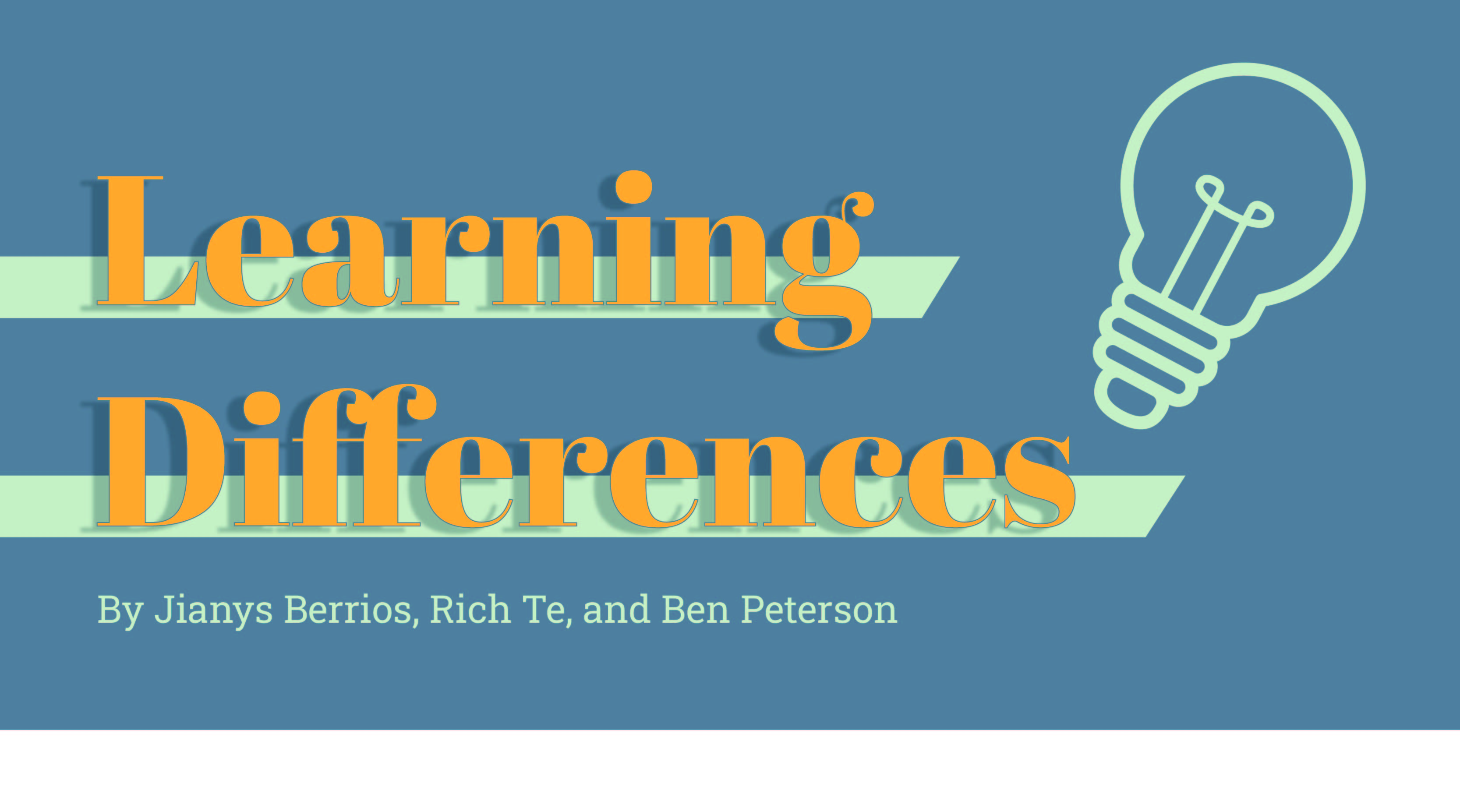
What are they?
Learning differences are the different ways in which one processes the information that they are being given. According to the NCCD “Learning differences take into account individual learning motivators; learner aspirations, interests, experience and cultural background; and individual students’ strengths and needs.”
The challenges that students (children, teens, and adults) face are often overlooked. The more we come to understand these challenges, traits, and differences the more we are able to educate and communicate in more accessible ways. When we focus on accessibility and effective ways of communicating, information and knowledge becomes more streamlined and we bring back a bigger sense of understanding to humanity.
What are We Going to Cover?
In this publication, we will cover three common types of learning differences:
AD/HD
- What is Attention-Deficit/ Hyperactivity Disorder?
- What Does ADHD Look Like?
- What Causes ADHD?
- How is ADHD Diagnosed?
- What are the Statistics?
- What are the Different Types of ADHD?
- What is Inattentive ADHD?
- What is Hyperactive ADHD?
- What is Combined ADHD?
- What are Some Ways to Combat ADHD?
Dyslexia
- What is Dyslexia?
- What Does Dyslexia Look Like?
- What Causes Dyslexia?
- How is Dyslexia Diagnosed?
- What are the Statistics?
- What are Some Ways to Combat Dyslexia?
Non-Verbal Learning Differences
- What are some types of Learning Differences?
- What Causes Learning Differences?
- How are Non-verbal Learning Differences diagnosed?
- What are the statistics?
- Celebrities with Learning Disabilities
- Strategies for combating Learning Disabilities